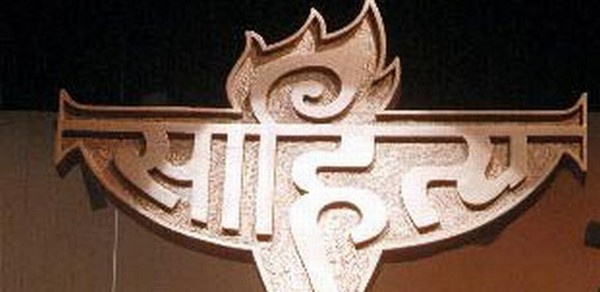As more and more writers return their Sahitya Akademi awards, one has to wonder what the hubbub is all about.
Sahitya Akademi, quoted from the Wikipedia article,
“is an organisation dedicated to the promotion of literature in the languages of India. Founded on March 1954, it is supported by, though independent of, the Indian government and situated at Rabindra Bhavan near Mandi House in Delhi”
In the light of recent events, a number of the Sahitya Akademi award recipients have returned their awards as a symbol of protest. It may seem that writers have come together for a greater cause, but that is not the case. One of the main caveats seems to be the lack of clarity in what they are protesting against and why they have chosen to resort to such symbolism. This is where the unity in protest seems to diminish and one becomes disenchanted with the message of the protest. While some writers defend their right to be selective to the causes of writers and rightly so, some others make the issue a political one. Nayantara Sahgal, one of the first few writers to have returned her award, in her letter “The Unmaking of India”, writes about the “reign of terror” and the distortion of Hinduism that is “Hinduvta” that seems to have gained solid ground under the present government. She cites the killing of a rationalist writer Mr. Kalburgi and the Dadri lynching incident and the exasperating silence of the Prime Minister on such issues to further her points. While she makes valid points, it is tragic to note that such incidents and even worse have occurred in the past. This leads one to question the delay in the awakening of her conscience as the award was presented to her way back in 1986 and countless atrocities have taken place since. This hypocrisy on the part of writers has received severe backlash.
However, this weakness is also being used as a cop-out by the government. The rising intolerance in India poses a serious concern to all citizens. The counter argument of hypocrisy by the government seems to amount to ad hominem.
Writers who are often termed as the conscience keepers of society often feel compelled to rise against forces that stifle the freedom of expression and dissent of all. To disregard them due to their failure to carry out their moral responsibilities is unfair. One must be careful not to dilute their arguments by claims of hypocrisy.
Point of note is the need for two different debates to be facilitated in parallel. One that discusses the role of writers in society and their intentions in the context of present circumstances. A second one must feature the remnants of the arguments made by the writers against the government such as that of violation of freedom of speech, saffronisation of India etcetera. To conflate the two issues is to commit a logical error.
It is unfortunate that a novel and peaceful protest has been turned into a political controversy.



Leave a Reply